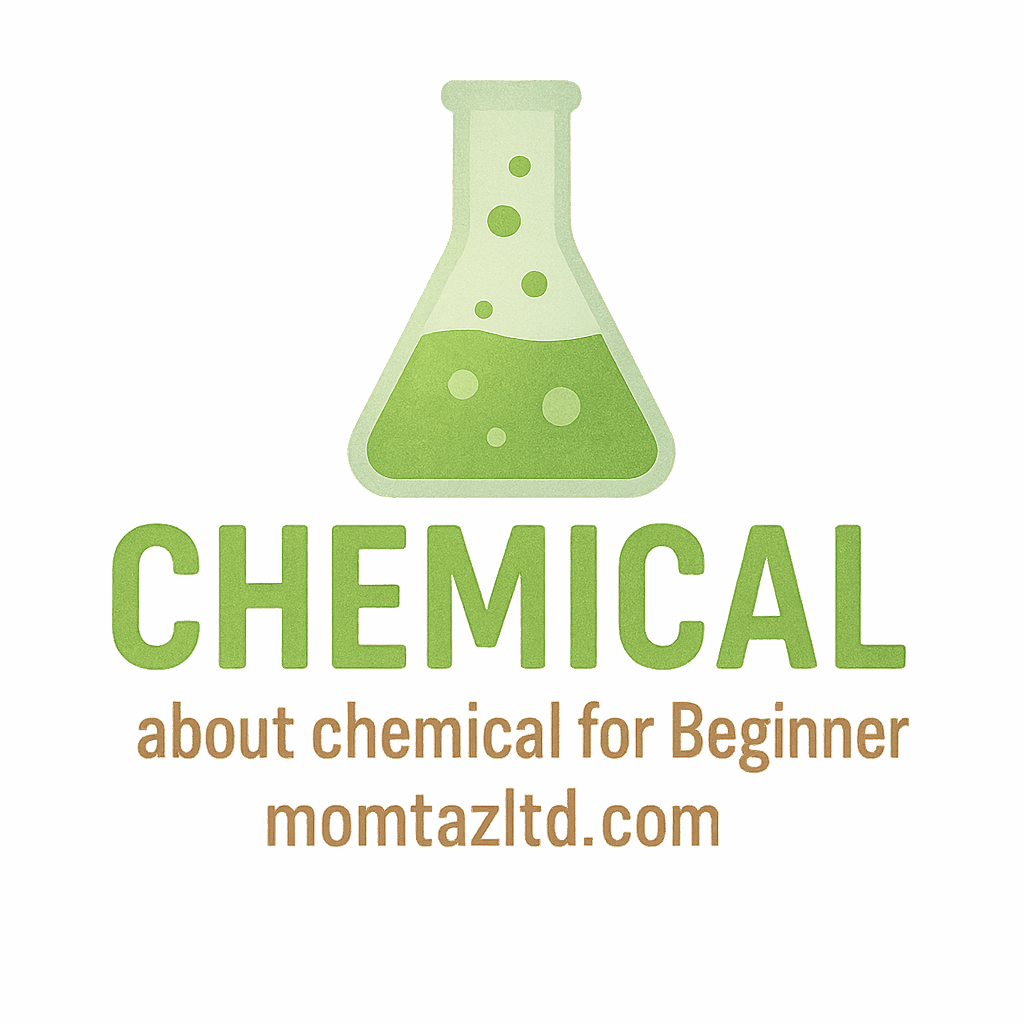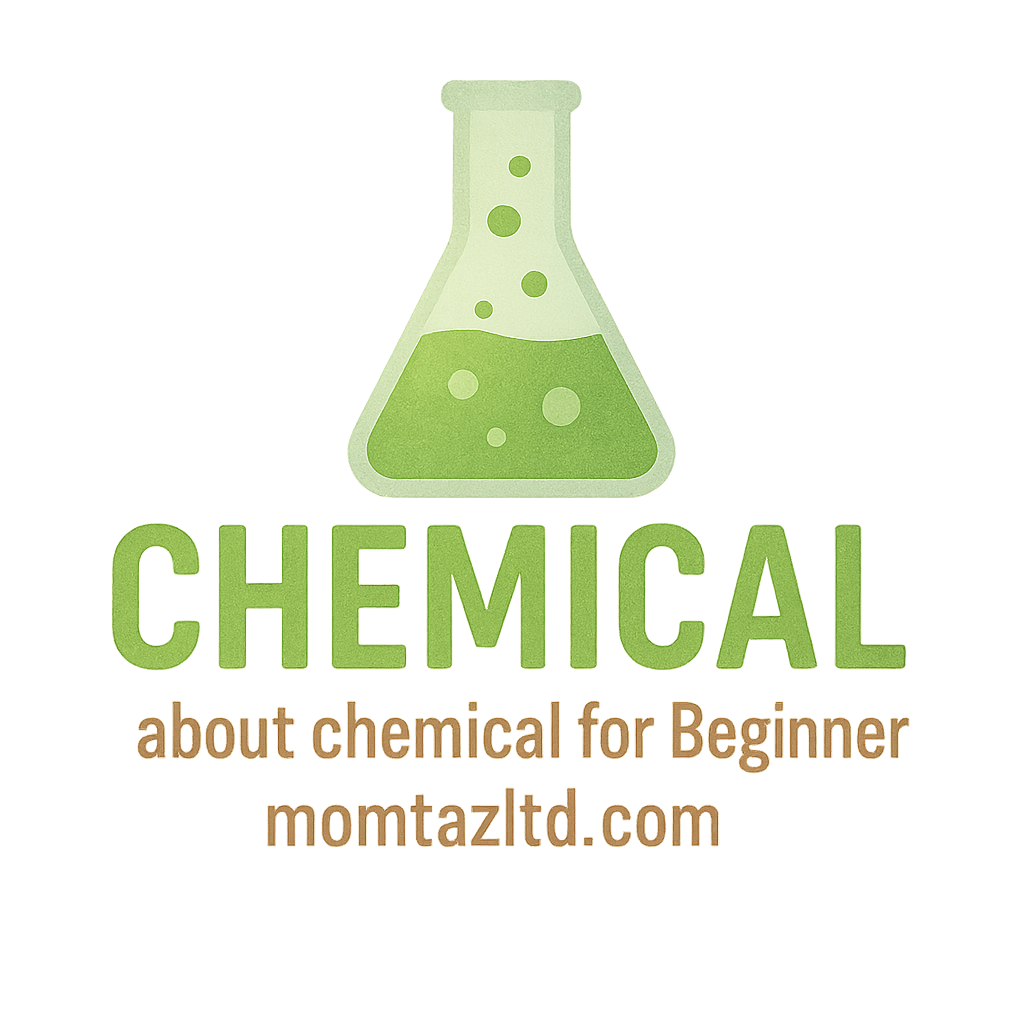Introduction
The chemical industry is broad and dynamic, encompassing fields from pharmaceuticals to agriculture and manufacturing. If you’re looking to excel, whether you’re in research, industrial applications, or laboratory work, developing the right set of skills is essential. But what are these skills, and how can they help you stand out?
In this article, we’ll delve into 9 key skills that are crucial for thriving in the chemical field. These skills are necessary not only to excel in day-to-day tasks but also to stay ahead in this ever-evolving and competitive industry. Whether you’re just starting or looking to advance your career, the right combination of skills will make all the difference.
1. Strong Analytical Skills
In the chemical field, analytical thinking is foundational. Whether you’re conducting experiments, evaluating data, or solving complex problems, your ability to think critically and analyze results is a vital part of success.
H3: Identifying Key Problems
Chemists are often faced with complex problems that need to be broken down into smaller, manageable parts. Strong analytical skills help you identify the root cause of issues, whether it’s a flaw in an experiment or an unexpected result. This skill is fundamental when working with laboratory chemicals, as accuracy is key.
H3: Practical Examples
An example of how analytical skills play a role in chemical research can be found in the development of new drug compounds. Chemists analyze the properties of molecules, their interactions with the human body, and their stability over time. Understanding these elements requires both technical expertise and deep analytical reasoning.
2. Attention to Detail
In the chemical field, precision is paramount. A single oversight can derail an entire experiment, cause safety hazards, or lead to inaccurate results. Having a keen attention to detail is not just important—it’s essential.
H3: Handling Complex Data
From chemical reaction data to temperature readings, chemists often handle intricate datasets. Attention to detail helps ensure that even the smallest variations in these readings are noticed and corrected. For example, even a slight miscalculation in chemical terms can result in an inaccurate conclusion or failure in an experiment.
H3: Case Study
In the chemical industry, a pharmaceutical company once faced major setbacks due to a minor error: incorrectly reading the concentration of a key compound during synthesis. This mishap not only cost the company millions but also raised safety concerns in the industry, highlighting the importance of chemical safety and attention to detail.
3. Communication Skills
Effective communication is critical in the chemical field. Whether you’re explaining your findings to a team, writing reports, or sharing research with a broader audience, communication ensures your ideas and results are clearly understood.
H3: Verbal Communication
Chemists often work in teams, and verbal communication plays a central role in making sure everyone is on the same page. Whether you’re discussing your findings with colleagues or presenting to a wider audience, strong communication skills help ensure clarity. This is especially true in environments where chemical scientists are required to collaborate on complex research projects.
H3: Written Communication
In addition to verbal skills, written communication is essential. Whether it’s a chemical reaction report, a scientific paper, or a product specification, being able to document your work in a clear and concise manner is crucial. Proper documentation ensures that findings can be reviewed and shared with the scientific community, while also ensuring compliance with industry standards.
4. Problem-Solving Ability
Chemistry often presents challenges that require creative and systematic solutions. From developing new compounds to troubleshooting failed experiments, problem-solving skills are critical in every area of chemistry.
H3: Developing Solutions
When faced with problems, chemists need to think critically about potential solutions. For example, during a chemical accident, it’s essential to develop a safe and efficient response plan. Your ability to generate creative solutions and modify your approach is what separates successful chemists from those who struggle to keep up.
H3: Collaboration in Problem-Solving
Many chemical problems require input from a diverse group of professionals. Collaboration between chemists, engineers, and biologists often leads to more effective solutions. Working with others can spark new ideas and accelerate problem-solving processes.
5. Laboratory Skills
In chemistry, laboratory work is crucial. Whether you’re testing chemical reactions or creating new compounds, your ability to handle lab equipment and maintain a safe work environment is paramount.
H3: Lab Equipment Handling
Mastering lab equipment is essential in every chemist’s career. From spectrometers to centrifuges, knowing how to use and maintain these tools correctly will ensure your results are reliable. Having a deep understanding of industrial chemicals and how they interact with different lab materials is also important for avoiding errors and accidents.
H3: Safety Protocols
Safety in the lab is non-negotiable. Knowing how to handle hazardous chemicals, dispose of waste properly, and follow emergency procedures is critical. By adhering to chemical safety guidelines, chemists can minimize the risks associated with lab work and ensure that experiments are conducted in a secure environment.

6. Technical Expertise
Having in-depth technical knowledge is crucial in the chemical industry. Whether you specialize in organic chemistry, chemical storage, or industrial chemicals, your expertise allows you to tackle specialized problems in your area of focus.
H3: Specialized Knowledge Areas
Chemists often specialize in fields like organic, inorganic, or biochemistry. Specialized knowledge in these areas is critical for solving specific challenges in fields such as pharmaceutical development or environmental chemistry.
H3: Keeping Up with New Technologies
The chemical industry is rapidly evolving, with new technologies and methods being introduced all the time. Whether it’s a new chemical reaction technique or a breakthrough in green chemistry, staying up-to-date ensures you remain at the forefront of the field. This continual learning and adaptation are key for long-term success.
7. Time Management Skills
The ability to manage time effectively is essential in the chemical field. With multiple tasks and long-term projects to juggle, strong time management skills ensure that deadlines are met, and projects are completed efficiently.
H3: Prioritization Techniques
Prioritizing tasks based on urgency and importance helps chemists stay organized and productive. Whether it’s managing daily experiments or overseeing long-term research projects, good time management allows you to allocate resources effectively and meet deadlines.
H3: Managing Long-Term Projects
Research projects, whether focused on household chemicals or industrial applications, can span months or even years. Having a clear plan and timeline ensures that each phase of the project is completed on time, within budget, and with the necessary resources.
8. Teamwork and Collaboration
Chemistry is rarely an isolated discipline. Collaborating with colleagues, engineers, and even professionals from other scientific fields is often necessary to solve complex problems and drive innovation.
H3: Roles in a Team
Effective teamwork involves recognizing each team member’s strengths and weaknesses. Working together in a lab setting or research team is essential for achieving success, especially in large-scale projects like chemical reactions and new product development.
H3: Interdisciplinary Collaboration
Chemists frequently work with professionals from other scientific disciplines. For example, collaborating with engineers helps ensure that chemical processes are both scientifically sound and feasible from a manufacturing perspective.
9. Adaptability and Flexibility
Adaptability is a valuable skill in the ever-changing chemical field. Whether you’re working with new technologies, learning new chemical storage methods, or facing unforeseen challenges in research, being flexible helps you thrive.
H3: Embracing Change
The chemical field is constantly evolving, with new research methods and technologies emerging all the time. Embracing these changes allows you to stay relevant and competitive in your career. This adaptability is crucial for chemists working in chemical laboratories, as they must stay up-to-date with the latest tools and techniques.
H3: Dealing with Setbacks
In chemistry, things don’t always go according to plan. When you face setbacks—whether it’s a failed experiment or an unforeseen chemical reaction—your ability to adjust and find new solutions is critical to your success in the field.
Conclusion
Thriving in the chemical field requires a combination of technical knowledge, problem-solving abilities, and strong interpersonal skills. From developing household chemicals to navigating complex laboratory environments, these 9 skills will help you excel in the industry. Whether you’re just starting or already an experienced professional, mastering these skills will set you apart as a leader in the field.
FAQs
- What skills are essential for a career in chemistry?
Analytical thinking, attention to detail, communication skills, and problem-solving abilities are essential for a successful career in chemistry. - How do I improve my problem-solving skills in the chemical field?
Practice solving real-world problems, collaborate with colleagues, and stay up-to-date with the latest research and methods in chemical safety. - Why is communication so important in the chemical industry?
Effective communication ensures that research findings, safety procedures, and ideas are shared accurately and clearly across teams. - What are some safety protocols in a chemistry lab?
Always wear appropriate PPE, follow MSDS instructions, and know the proper disposal methods for chemicals. - How can I stay current with new developments in chemistry?
Attend workshops, read industry journals, and engage in online communities or chemical storage webinars. - Why is teamwork so crucial in chemistry?
Collaboration brings together different areas of expertise, leading to more efficient problem-solving and innovative ideas. - How can I develop my technical expertise in chemistry?
Focus on continuous learning, specialize in a niche area of chemistry, and keep exploring new laboratory chemicals and technologies.


